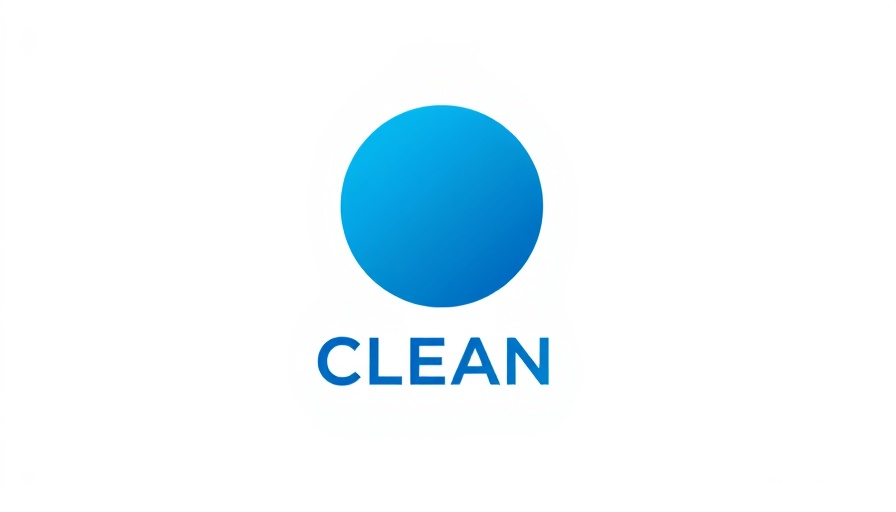
Samsung Galaxy S25 Series: A New Era of Smartphones
Samsung's Galaxy S25 series has officially launched, promising to redefine smartphone capabilities through cutting-edge AI integration. With models including the Galaxy S25 Ultra, S25+, and S25, Samsung aims to provide users with a mobile experience that’s not only personalized but also highly intuitive. Pre-orders began recently, with the general availability expected on February 7, 2025.
A Seamless Interaction: Multimodal AI
One of the standout features of the Galaxy S25 series is its innovative AI-integrated operating system, One UI 7. This advanced OS leverages multimodal AI agents that can interpret text, speech, images, and video. What does this mean for users? They can interact naturally and contextually, whether they are searching their devices or managing tasks across various applications like Google and Spotify. Enhanced features such as Call Transcript and Drawing Assist will help users organize calls and improve their creative process.
User Privacy Takes Center Stage
Samsung is prioritizing user security with a robust Personal Data Engine that analyzes data on-device, thus protecting user privacy. The Galaxy S25 series includes features like post-quantum cryptography, ensuring that as technology evolves, user security will remain uncompromised. Additional updates in One UI 7 highlight advanced security measures including Auto Blocker and Theft Protection, making this series a strong contender for security-conscious consumers.
Innovations in Performance and Design
Under the hood, the Galaxy S25 series boasts the Snapdragon® 8 Elite, which enhances performance significantly. With a 40% boost in Neural Processing Unit performance, the NPU can handle AI tasks seamlessly. The S25 Ultra is equipped with a powerful ProVisual Engine and a 50MP ultrawide sensor, enhancing photography capabilities in low light, so every snapshot is stunning. Moreover, the durability of the devices is impressive, made with titanium and Corning Gorilla Armor 2 for better resistance to drops and scratches.
Sustainability Meets Longevity
Taking a step towards sustainability, Samsung utilizes recycled materials for the device frames and incorporates cobalt from older Galaxy models in new battery production. With promises of seven generations of OS upgrades and security updates, investing in the Galaxy S25 series not only means cutting-edge technology but also contributes to a more sustainable future.
 Add Row
Add Row  Add
Add 

 Add Row
Add Row  Add
Add 



Write A Comment